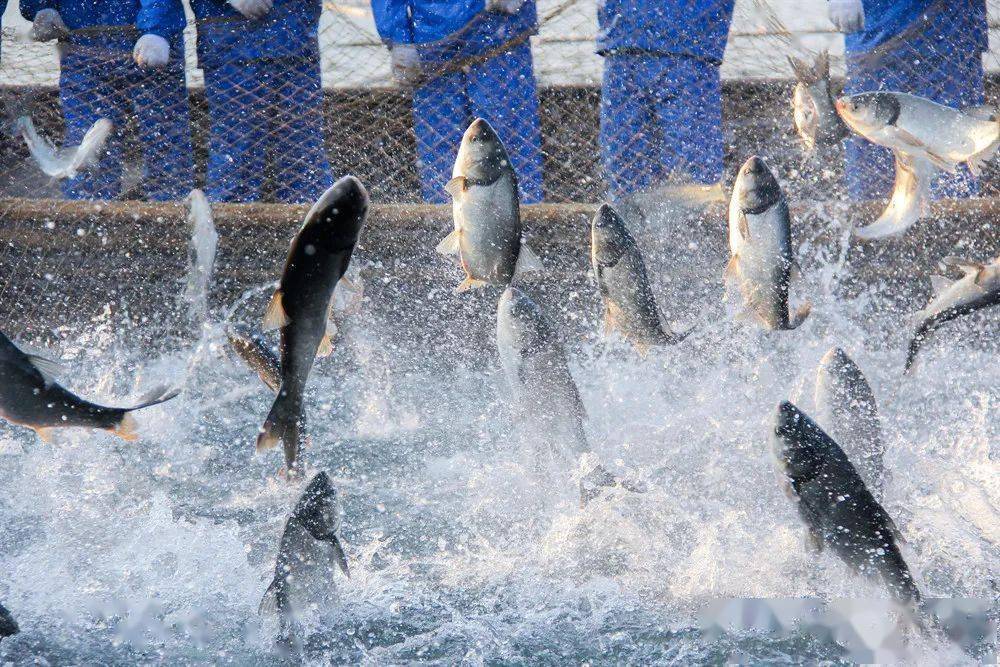HI, welcome to Shandong Guangcheng Salt Industry Co., Ltd !
News
Application of calcium chloride and Magnesium chloride in aquaculture
- Author:Guangcheng
- Time:2023-05-27
Application of calcium chloride and Magnesium chloride in aquaculture aquaculture is a production activity of breeding, cultivating and harvesting aquatic products under artificial feeding management. Creating a good breeding environment, scientific breeding, and disease prevention are three important tasks in aquaculture, especially in the spring and autumn seasons. Farmers must timely control water quality and do a good job in supplementing calcium for shrimp and crabs. What important role do calcium chloride and Magnesium chloride produced by Shandong Guangcheng Salt Industry Co.,Ltd. play in aquaculture?
Calcium and magnesium ions have important significance in aquaculture
1.Calcium and magnesium ions are the main elements that make up water bodies. In natural freshwater, there are fewer calcium and magnesium ions with low hardness, while in seawater, there are more calcium and magnesium ions with high hardness. In artificial mariculture, artificial seawater is prepared with calcium chloride, Magnesium chloride, sodium chloride, etc.
2.Calcium and magnesium are important components of animal growth. Calcium is an important component of animal bones and plant cell walls, and is also an indispensable nutrient in water bodies. If the calcium content is low, it will not only affect the reproduction of algae, but also lead to calcium deficiency in animals; Magnesium is an important component of chlorophyll, and various algae require magnesium to supplement water plants. After water plants absorb enough magnesium, their stems become firm and less prone to lodging. When magnesium is lacking, nitrogen metabolism is disrupted, which can also affect the absorption of calcium by plants.
3.Calcium and magnesium ions can reduce the toxicity of heavy metal ions and monovalent metal ions. If the concentration of heavy metal ions and monovalent metal ions in water is too high, it will cause toxicity to many aquatic organisms, increase the content of calcium and magnesium, and reduce its toxicity.
4.Calcium and magnesium ions can improve the buffering performance of water bodies and stabilize water quality. The buffering ability of excessively soft water quality on the pH value of aquaculture ponds is weak, and the water quality cannot be relatively stable. When the total hardness is greater than 20 mg/L, Phytoplankton can grow in large quantities only after the application of inorganic fertilizers. The total hardness of shrimp should be 120-150 millimeters. In addition, attention should be paid to the proportion of calcium and magnesium ions in water. Generally speaking, the ratio of calcium to magnesium should be 1:3.
The role of calcium chloride in aquaculture:
1.The control of the pH value of water quality requires calcium chloride.
The pH suitable for aquatic animals is neutral and weakly alkaline (pH 7.0~8.5). When the pH becomes abnormally high (pH ≥ 9.5), it will cause adverse reactions such as slow growth of cultured animals, increased feed coefficient and incidence rate. So reducing acidity and alkalinity is an important technical measure for regulating pond water quality. The acidity and alkalinity of calcium chloride are neutral and cannot be used as an acid-base regulator. However, calcium chloride can precipitate hydroxide ions through its own calcium ions, flocculate and precipitate phytoplankton, slow down the consumption of carbon dioxide by algae, and thus reduce acidity and alkalinity.
2. Maintaining a balanced growth of algae requires calcium.
Fertilization before seedling placement, such as the lack of calcium, magnesium, phosphorus and other elements in the water (especially freshwater shrimp), makes it difficult for algae to grow and reproduce, resulting in difficulty in fertilization.
Maintaining water stability and improving buffering performance require calcium.
Aquaculture water requires a certain hardness. Aquaculture water has a high content of calcium and magnesium, which not only stabilizes water quality and the pH of the substrate, improves water buffering capacity, but also facilitates the growth and reproduction of microorganisms, accelerates the decomposition and mineralization of organic matter, and accelerates the cyclic utilization of plant nutrients.
 CN
CN


 Scan WeChat
Scan WeChat 